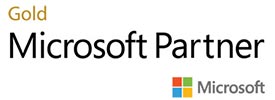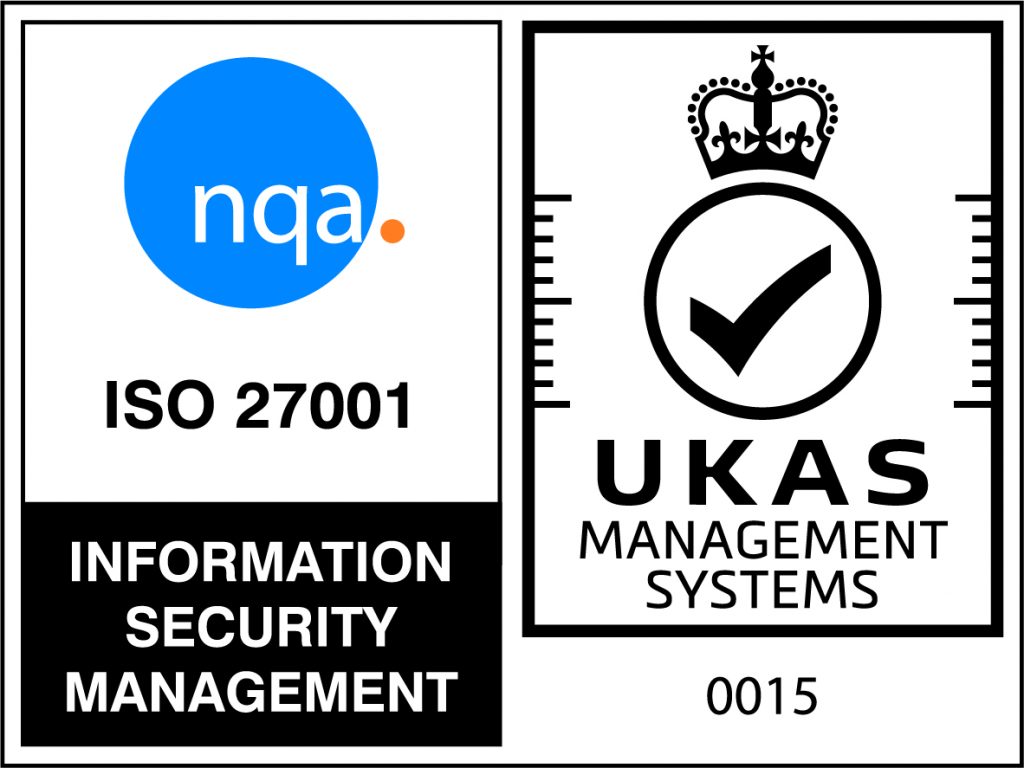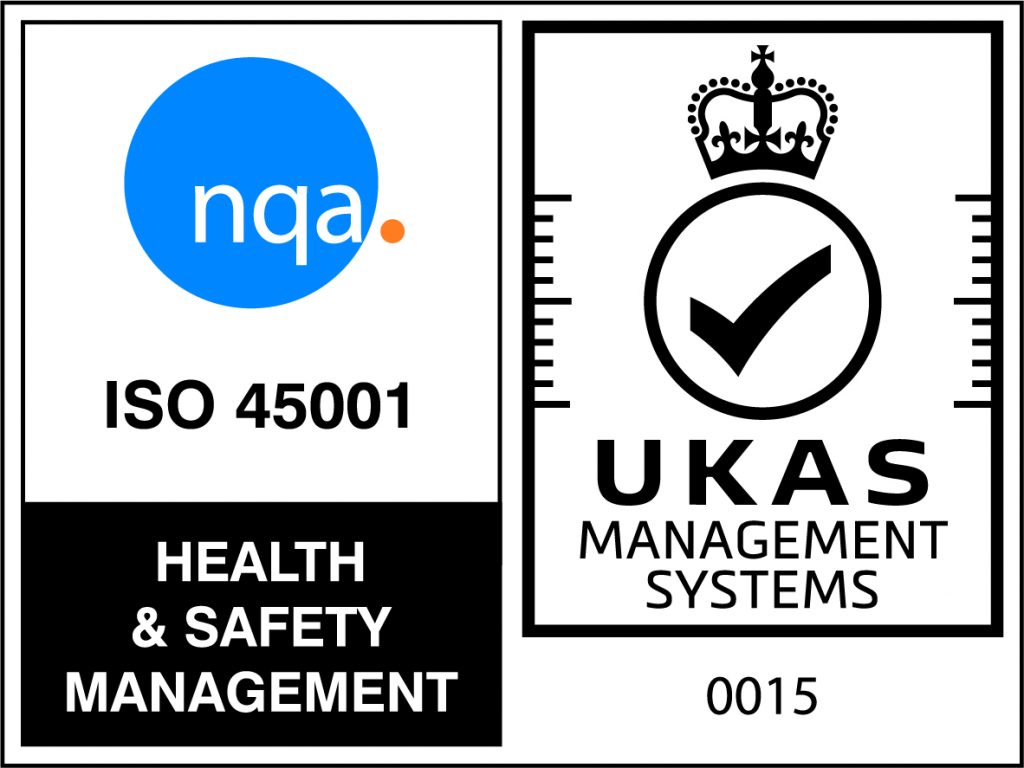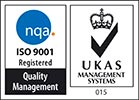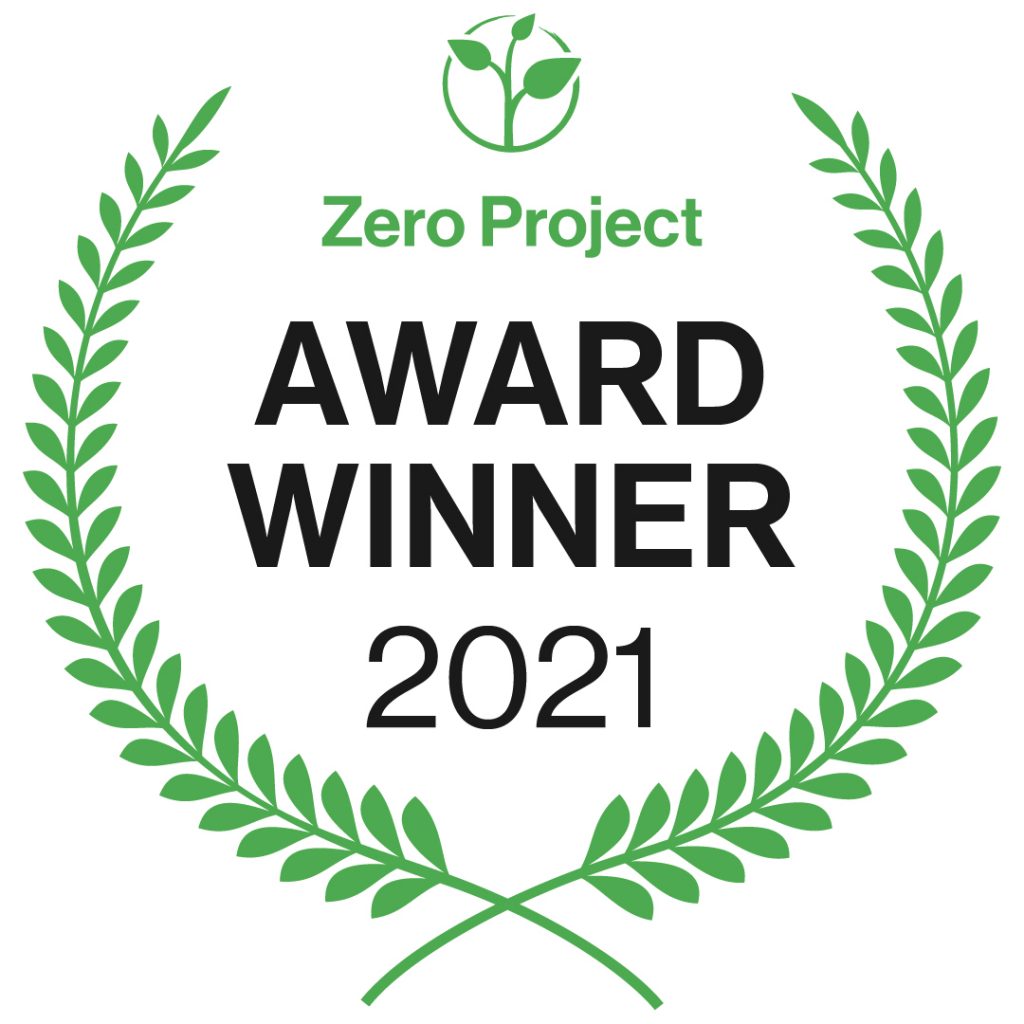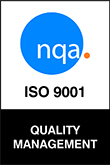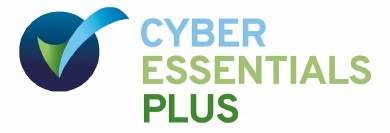This summer, a comprehensive resource pack has been launched to empower school communities in adopting physical wellbeing as a central part of their school culture. Aimed at benefiting not only children but also families and staff, this initiative moves beyond a tick-box approach, fostering a holistic strategy that supports Raising Attainment with Wellbeing (RAW). The goal? To enable a culture where every member of the school community can thrive physically and mentally.
Developed with insights from StreetGames, this resource pack provides fresh perspectives on how young people today value physical wellbeing. Some of the findings may surprise many but are crucial for shaping an effective strategy. While previous modules in RAW have focused on mental health and social wellbeing, this new chapter highlights the importance of physical health as part of the overall wellbeing puzzle. As the Romans aptly noted, “mens sana in corpore sano” — a healthy mind in a healthy body — underscoring the inseparable connection between the two.
The resource pack offers actionable strategies to improve physical health and wellbeing, viewed through five key lenses. By embedding these strategies into the broader framework of school culture, schools can foster long-lasting, life-changing habits not just in primary and secondary students but also in staff members.
Physical Activity
Exercise is widely recognized for its long-term benefits, but many individuals struggle to make it a consistent part of their lives. Memories of difficult gym classes or harsh trainers can leave a negative impression, making exercise feel like a chore. However, the pack emphasizes that physical activity can, and should, be enjoyable.
The key is to find an activity that resonates with the individual. Whether it’s high-energy environments like spin classes or quieter, meditative activities like yoga, exercise is not a one-size-fits-all solution. Schools are encouraged to promote a broad range of activities to help students discover what they love. After all, the best exercise is the one people look forward to, transforming fitness from a task into a rewarding and enjoyable experience.
Eating Well
Good nutrition is equally important for physical and mental wellbeing. Schools have a unique opportunity to educate students about healthy eating habits. Encouraging the consumption of fruits, vegetables, lean meats, and whole grains helps ensure students receive the nutrients they need. The resource pack highlights the role of schools in fostering these habits through balanced meal offerings and integrated nutrition education.
By teaching the value of regular, balanced meals and discouraging bad habits like skipping meals, schools can promote healthier lifestyles that extend beyond the classroom. The inclusion of hydration tips further supports student concentration, energy, and overall performance.
Sleep
Good sleep is critical for maintaining both physical health and cognitive performance. Unfortunately, many students struggle with irregular sleep patterns due to a lack of understanding about the importance of routine. Schools can play a pivotal role in encouraging healthy sleep habits by integrating sleep education into the curriculum.
The pack provides guidance on promoting sleep hygiene, from creating conducive sleep environments to limiting screen time before bed. It also recognizes the impact of stress and anxiety on sleep and encourages schools to offer mental health support, especially during exam periods, when sleep disruption is common.
Hygiene
Hygiene education is fundamental for long-term health and disease prevention. The resource pack underscores the importance of personal care practices like handwashing, dental hygiene, and regular medical check-ups. Schools can promote these essential habits, helping students understand how maintaining hygiene positively impacts both physical health and self-esteem.
By emphasizing preventative medical care, schools can help students become proactive about their health. Regular physical and dental exams, for instance, prevent issues from escalating, contributing to a healthier community overall.
Relaxation
Relaxation techniques are often overlooked but play a crucial role in maintaining overall wellbeing. Stress can take a toll on both mental and physical health, and the resource pack encourages schools to introduce practices like mindfulness, deep breathing, and quiet time to help students manage stress effectively.
By teaching relaxation, schools can help students find balance in their hectic lives. Activities such as yoga or even simple downtime allow students to recharge, improving their focus and academic performance while promoting a healthier mindset.
A Holistic Approach to Physical Wellbeing
This new resource pack is designed to make an immediate difference in how schools approach physical wellbeing. With practical tips and strategies across five key areas, schools are empowered to create an environment where students and staff alike can develop lifelong habits that benefit both their mental and physical health.
This holistic approach not only prepares students for academic success but also equips them for long-term wellbeing, supporting schools in their mission to raise attainment through a thriving, healthy community.
For more information about RAW and how to sign up for this programme contact: education@microlinkpc.com


 Back to News
Back to News








